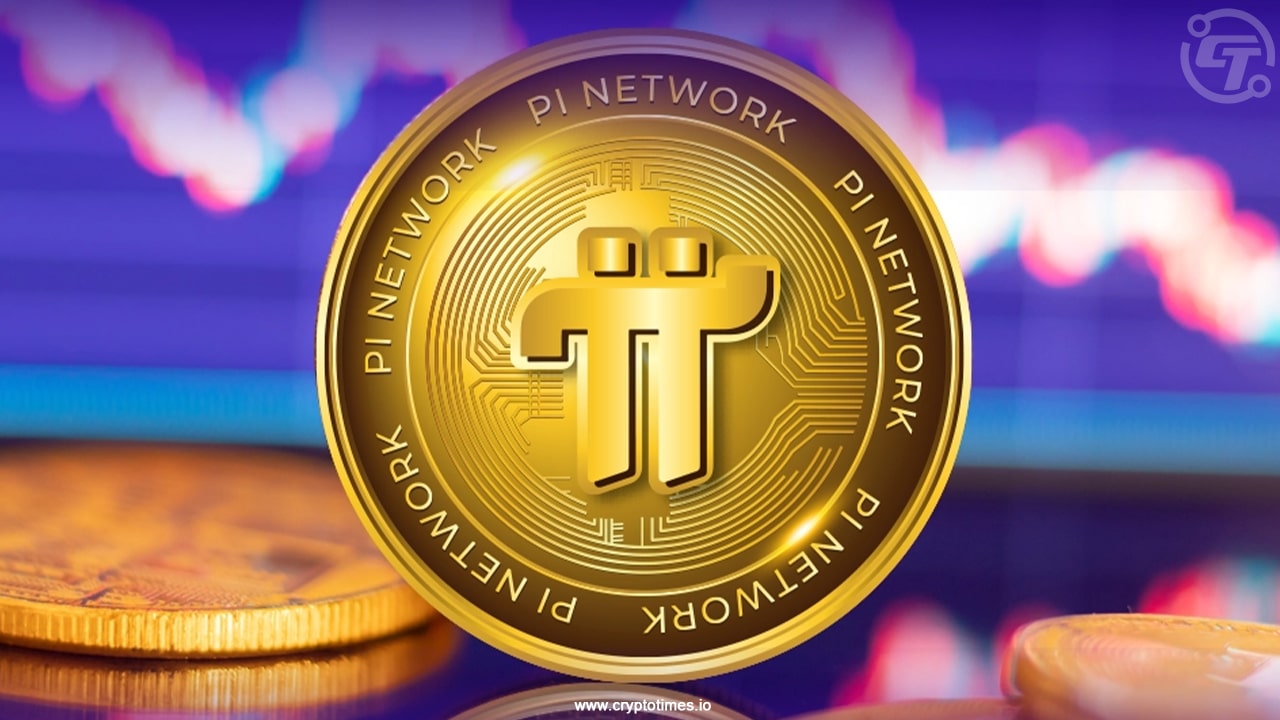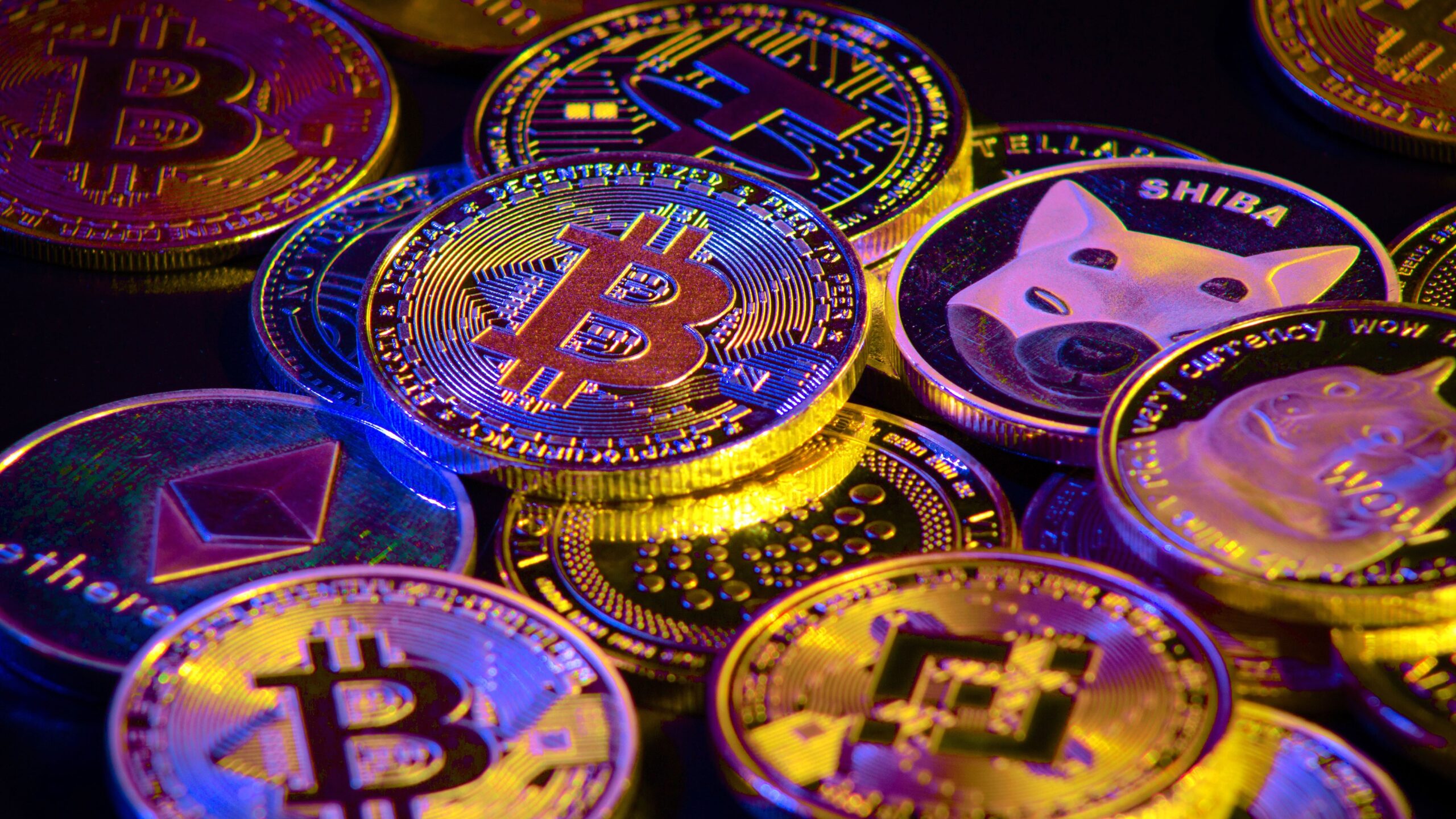hawk tuah girl cryptocurrency lawsuit
Hawk tuah girl cryptocurrency lawsuit
The Maximum Supply of Pi is 100 billion tokens. The Maximum Supply is comprised of the following: 65 Billion tokens (or 65%) are allocated for all community mining rewards; 10 billion (10%) are allocated for foundation reserves; 5 billion (5%) are allocated for liquidity purposes; and 20 billion (20%) are allocated for the Core Team https://online-casinoaustralia.org/. Each allocation mentioned above tracks the community Migrated Mining Rewards issuance pace, so the proportions of each allocation in the total supply remains the same at any given time.
Since its open mainnet launch back in February 2025, Pi Network has built a strong community of over 60 million users. However, it’s also faced a fair share of challenges. The project has struggled with low liquidity, weak transaction activity, and the lack of smart contract features — which are crucial for building decentralized apps on any blockchain.
Disclaimer: This page may contain affiliate links. CoinMarketCap may be compensated if you visit any affiliate links and you take certain actions such as signing up and transacting with these affiliate platforms. Please refer to Affiliate Disclosure
By early 2025, Pi Network had switched to its Open Mainnet. This step took down the barriers of the earlier “Enclosed Network,” meaning it can now connect to other systems, potentially get listed on exchanges, and let more apps plug in. It’s built for phones first, using SCP and those Security Circles. Validator Nodes and SuperNodes are key parts of the system, making sure everything runs smoothly and securely.

Cryptocurrency news
Investment firm VanEck is launching a tokenized real-world asset (RWA) fund that offers exposure to US Treasury bills, developed in partnership with tokenization platform Securitize. The initiative places VanEck among a growing number of traditional finance firms entering the RWA tokenization space.
The fund, called VBILL, will be initially available on Avalanche, BNB Chain, Ethereum and Solana blockchains, VanEck said in a May 13 statement. The fund’s minimum subscriptions start at $100,000 for investments running on Avalanche, BNB Chain, and Solana, while the minimum subscription on Ethereum is $1 million.
“Current volatility in cryptocurrency markets does not make a prudent fit for general fund dollars,” she stated in her veto letter. “I have already signed legislation this session which allows the state to utilize cryptocurrency without placing general fund dollars at risk,” she added.

Investment firm VanEck is launching a tokenized real-world asset (RWA) fund that offers exposure to US Treasury bills, developed in partnership with tokenization platform Securitize. The initiative places VanEck among a growing number of traditional finance firms entering the RWA tokenization space.
The fund, called VBILL, will be initially available on Avalanche, BNB Chain, Ethereum and Solana blockchains, VanEck said in a May 13 statement. The fund’s minimum subscriptions start at $100,000 for investments running on Avalanche, BNB Chain, and Solana, while the minimum subscription on Ethereum is $1 million.
Cryptocurrency
Memecoins are a category of cryptocurrencies that originated from Internet memes or jokes. The most notable example is Dogecoin, a memecoin featuring the Shiba Inu dog from the Doge meme. Memecoins are known for extreme volatility; for example, the record-high value for a Dogecoin was 73 cents, but that had plunged to 13 cents by mid-2024. Scams are prolific among memecoins.
Perhaps the most important thing when investing in anything is to do your homework. This is particularly important when it comes to cryptocurrencies, which are often linked to a specific technological product that is being developed or rolled out. When you buy a stock, it is linked to a company that is subject to well-defined financial reporting requirements, which can give you a sense of its prospects.
Cryptocurrencies promise to make transferring funds directly between two parties easier without needing a trusted third party like a bank or a credit card company. Such decentralized transfers are secured by the use of public keys and private keys and different forms of incentive systems, such as proof of work or proof of stake.
In March 2025, President Donald Trump signed an executive order announcing that the U.S. would create a “Strategic Bitcoin Reserve,” a government stockpile made up of Bitcoin that the government has seized over time through law enforcement actions. The executive order also announced a “U.S. Digital Asset Stockpile,” a reserve of other cryptocurrencies.

